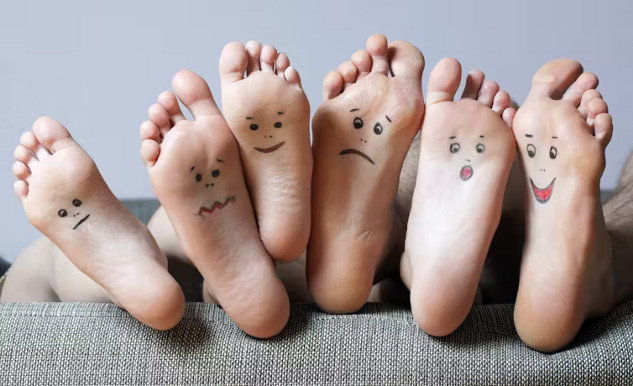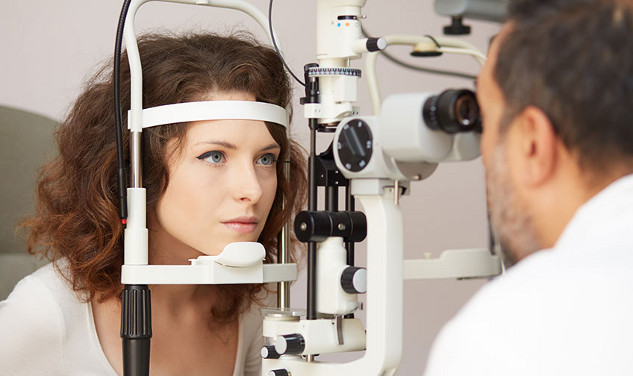
How your vision can predict dementia 12 years before it is diagnosed – new study.
- By Lisa Masé
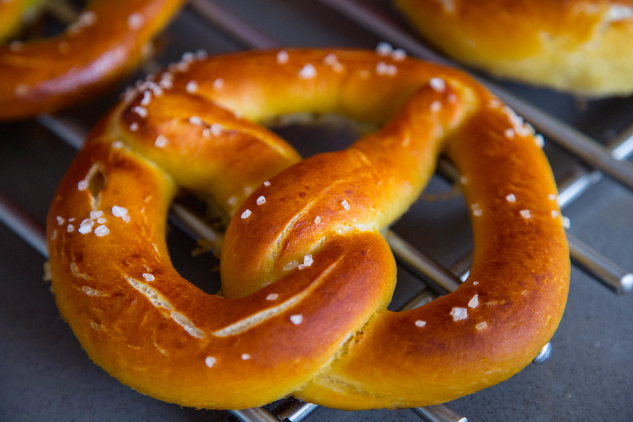
When we reach for a treat or crave a certain food, what do we really need? Try to stop, take a breath, and ask yourself this question before you eat.

How much time should you spend sitting versus standing? New research reveals the perfect mix for optimal health.

How extreme dieting can affect bone health. In a recent Instagram post, the actor Jameela Jamil revealed she has poor bone density, despite only being in her 30s.

Why diversity in nature could be the key to mental wellbeing.
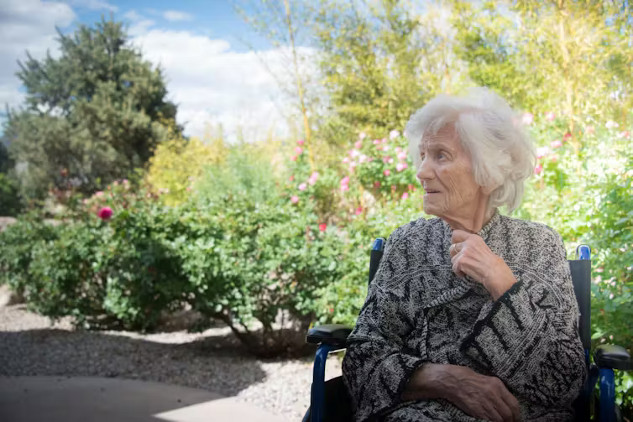
New studies suggest millions with mild cognitive impairment go undiagnosed, often until it’s too late

TikTok users claim freezing bread can make it healthier – here’s what the science actually says

An artificial sweetener called neotame can cause significant harm to the gut, my colleagues and I discovered. It does this harm in two ways.

Good news: midlife health is about more than a waist measurement. Here’s why...
- By Lisa Masé

In 1995, nutrition therapists Elyse Resch and Evelyn Tribole wrote one of the first books on the concept of intuitive eating. That book sparked a worldwide awareness that the mentality of dieting disrupts metabolic health and leads to stress and disordered eating.

Gym hygiene guide: the dangerous bacteria that lurk in dirty fitness equipment and clothes...

Removing PFAS from public water will cost billions and take time – here are ways to filter out some harmful ‘forever chemicals’ at home.

We cannot progress as a civilization, even as a species, without the understanding and knowledge of subtle energy. And, importantly, most of this knowledge is not even new. It is merely a rediscovery of the wisdom all ancient traditions and cultures possessed.

What about beetroot’s other apparent health benefits – from reducing your blood pressure to improving your daily workout? Here’s what the science says.

For people with mental illness, drugs and alcohol can be a key survival strategy. I’ve learned they shouldn’t have to ‘get clean’ to get treatment.

Western medicine is the world’s only medical tradition that does not harness an invisible healing force or energy. In the East, there is prana (yoga) and qi (acupuncture, tai chi), but in the West, “energy” means a chemical...

Personalized cancer treatments based on testing drugs quickly leads to faster treatment, better outcomes.

Sleep quality, circadian rhythm and metabolism differ in women and men – new review reveals this could affect disease risk.
- By Katie Arnold

My surgeon told me I should never run again. As a competitive runner, outdoor athlete, and writer, I was determined to prove him wrong. I trained my mind to heal my body.
- By Vir McCoy
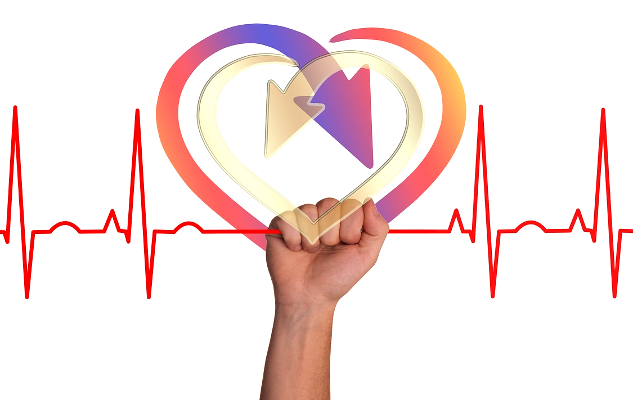
I spent far too much money on doctors, healers, and pills in my journey with long Covid, to a point where I was obsessing about the illness and healing. I ended up with conflicting pills, protocols, stories, diagnoses, and so on.

The five-step wellness model that really works – and the psychology behind it...

What is metabolism? A biochemist explains how different people convert energy differently − and why that matters for your health.

